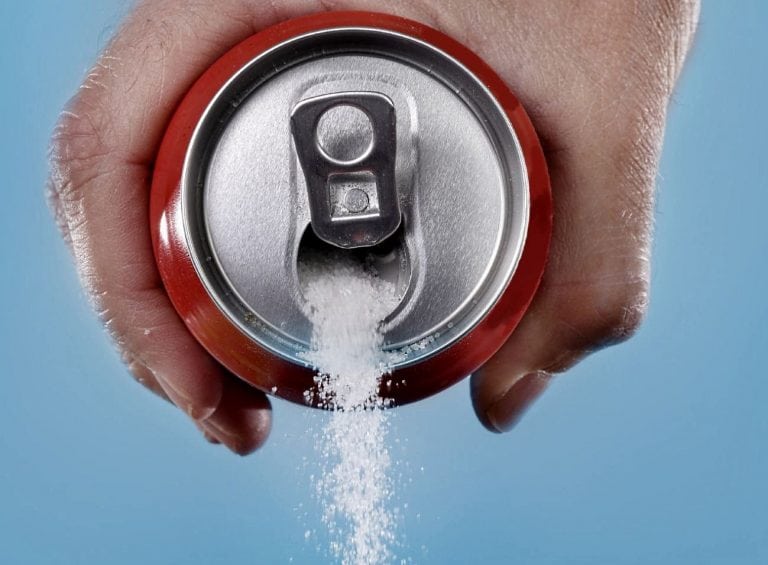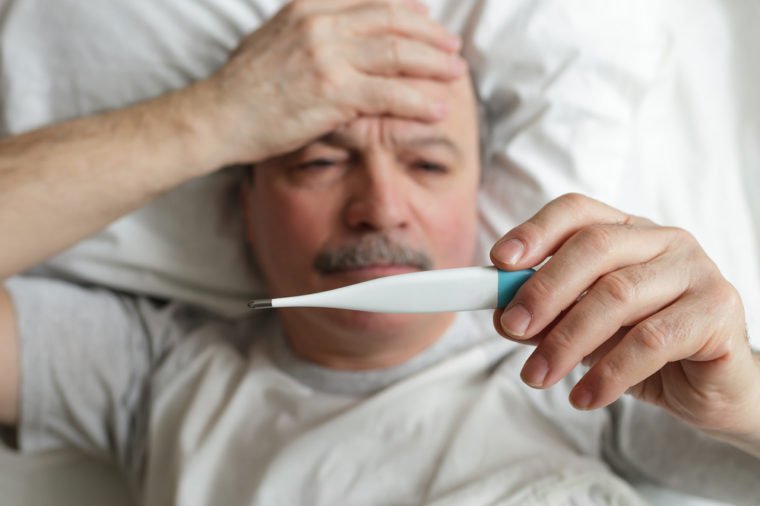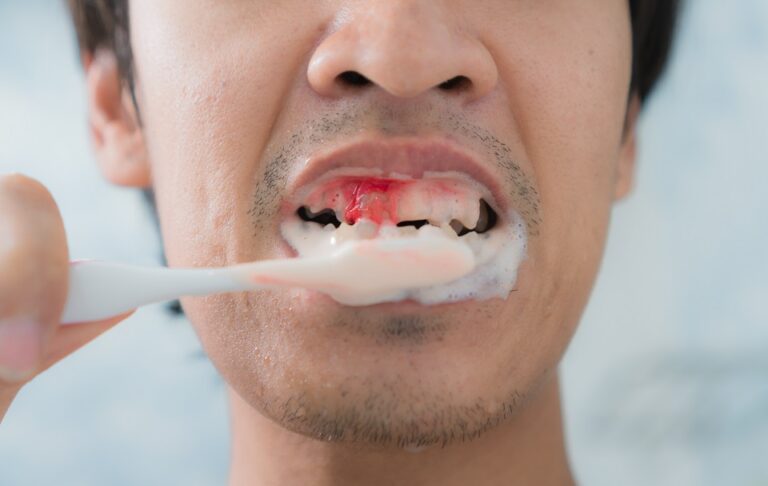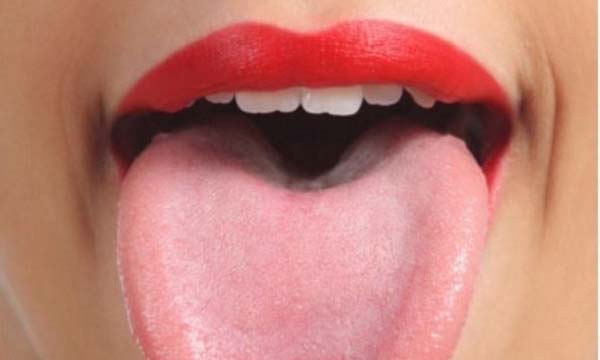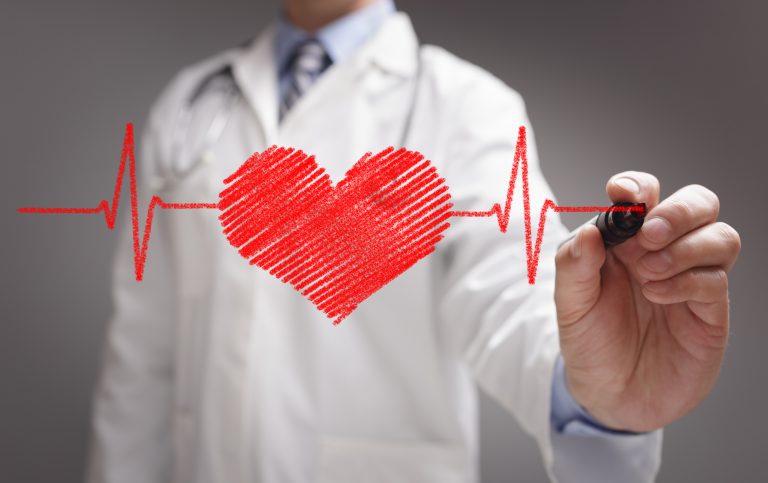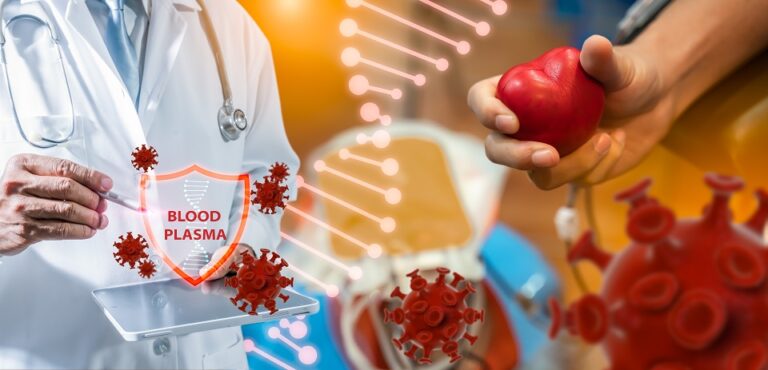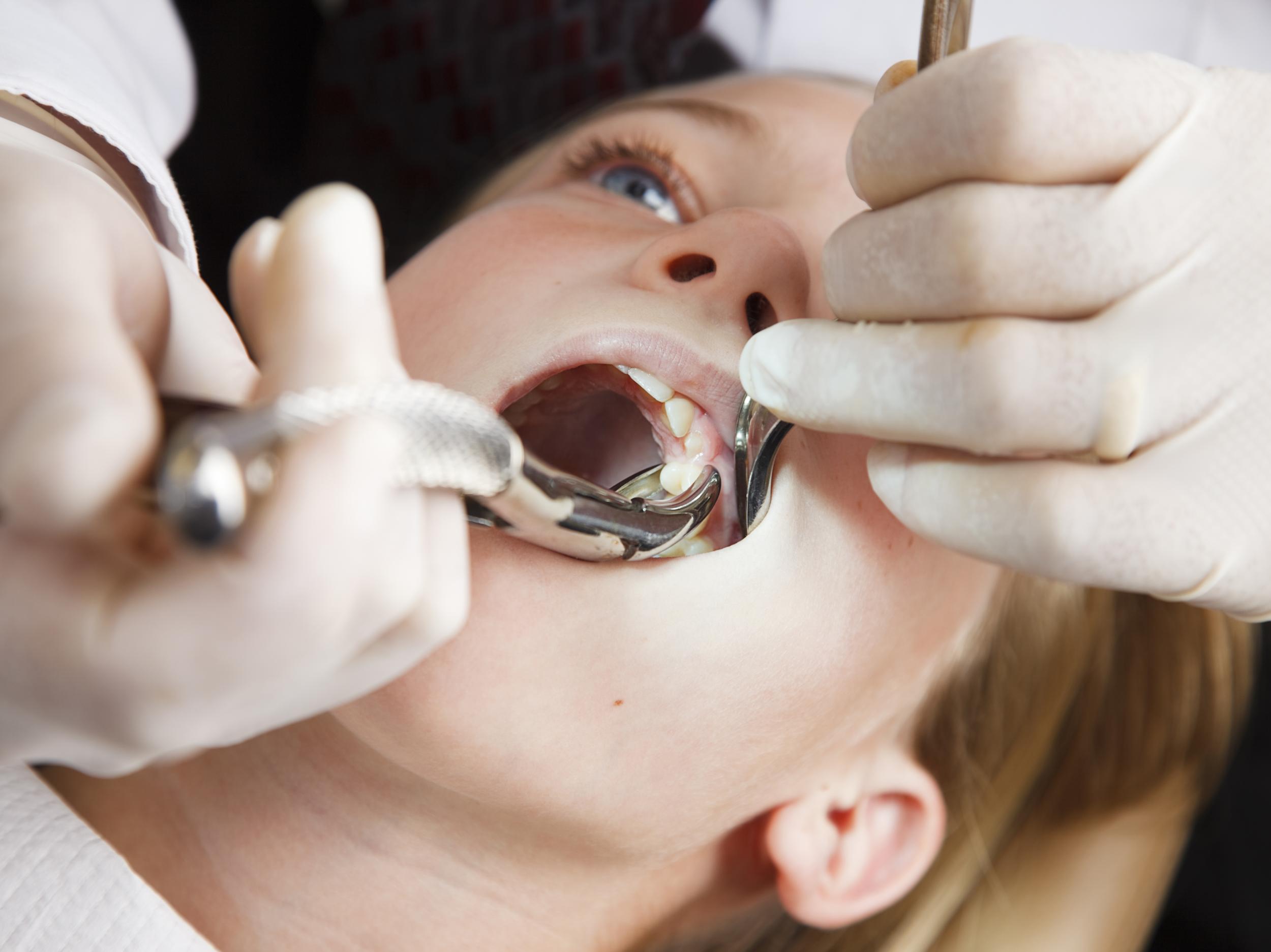
Brushing, flossing and firing twice a day is not enough for healthy teeth. Eating and drinking all day long is also an attack on your teeth. Just like a lot of other habits. What is bad for your teeth?
“Teeth tend to be a lower priority in terms of health, so some things tend to get missed,” says Dr. Mark Parhar, an endodontist in British Columbia, Canada, who specializes in the soft inner tissues of the teeth. Here are some healthy practices that could be trashing your teeth—and how to stop the damage.
Brushing after you eat
Does your morning routine include grabbing a toothbrush immediately after breakfast? Kudos to you for brushing regularly, but your timing needs tweaking. When you consume something acidic, like oranges or tomatoes, the enamel temporarily softens and becomes susceptible to abrasive wear.
If you brush your teeth, especially forcefully, you can remove enamel, which will leave your chompers feeling sensitive. It gets worse as you get older, since your gums tend to recede with age and expose more root surface. (Tooth roots aren’t covered by enamel, but rather a thinner layer of a substance called cementum.)
If you want to exercise caution, wait approximately 30 minutes to brush. “Saliva is a buffering agent and will bring the acidity of the oral environment down, but it takes time,” says Gerry (Geraldine) Cool, a dental hygienist in Alberta, Canada and the president of the Canadian Dental Hygienists Association.
Eating some types of dairy, especially cheddar cheese, can raise the pH inside the mouth and release calcium and other substances that fight plaque; and rinsing your mouth with water can help wash away debris wedged between teeth.
Medication which causes dry mouth
You may be diligent about controlling a chronic health condition by taking prescribed medications as directed. Unfortunately, if you’re on any one or more of the hundreds of drugs—including certain antidepressants and pain meds—that have the side effect of reducing saliva flow, your oral health could suffer.
“Patients on those medications tend to have a dry mouth, so they’re at a higher risk of developing tooth decay,” says Dr. Euan Swan, manager of dental programs at the Canadian Dental Association, “because the saliva isn’t there to physically wash food debris away or buffer acids.”
The solution isn’t to stop your medication, unless your doctor can offer an alternative without that side effect. Instead, try sipping water throughout the day. You can increase saliva flow with sugarless gum, mints containing xylitol, or sprays, gels and tablets designed specifically for dry mouth.
Exercising without dental protection
There are many ways physical activity benefits your body. It helps with cardiovascular health, weight control, and mood management, for starters, and it can also improve your brain function. Participating in impact sports such as ice hockey or martial arts, however, can do a number on your teeth if they aren’t properly protected.
A custom mouthguard (fitted by a dentist) provides a cushion around your teeth in case of an impact to the face. They can be invaluable when there’s a risk of physical contact, whether on the rink or on the basketball court.
“When you don’t wear a mouthguard, you see teeth chipping or being knocked out—damage that requires a lot of work to repair,” says Parhar, who has a background in sports dentistry.
Intense exercise may also affect the quantity and quality of your saliva. A 2015 study of triathletes in The Scandinavian Journal of Medicine & Science in Sports showed that when the athletes were active, their saliva flow slowed down while pH went up.
Both changes can have a negative impact on teeth, which suggests that anyone active in sports should practice meticulous oral hygiene and seek regular dental care.




